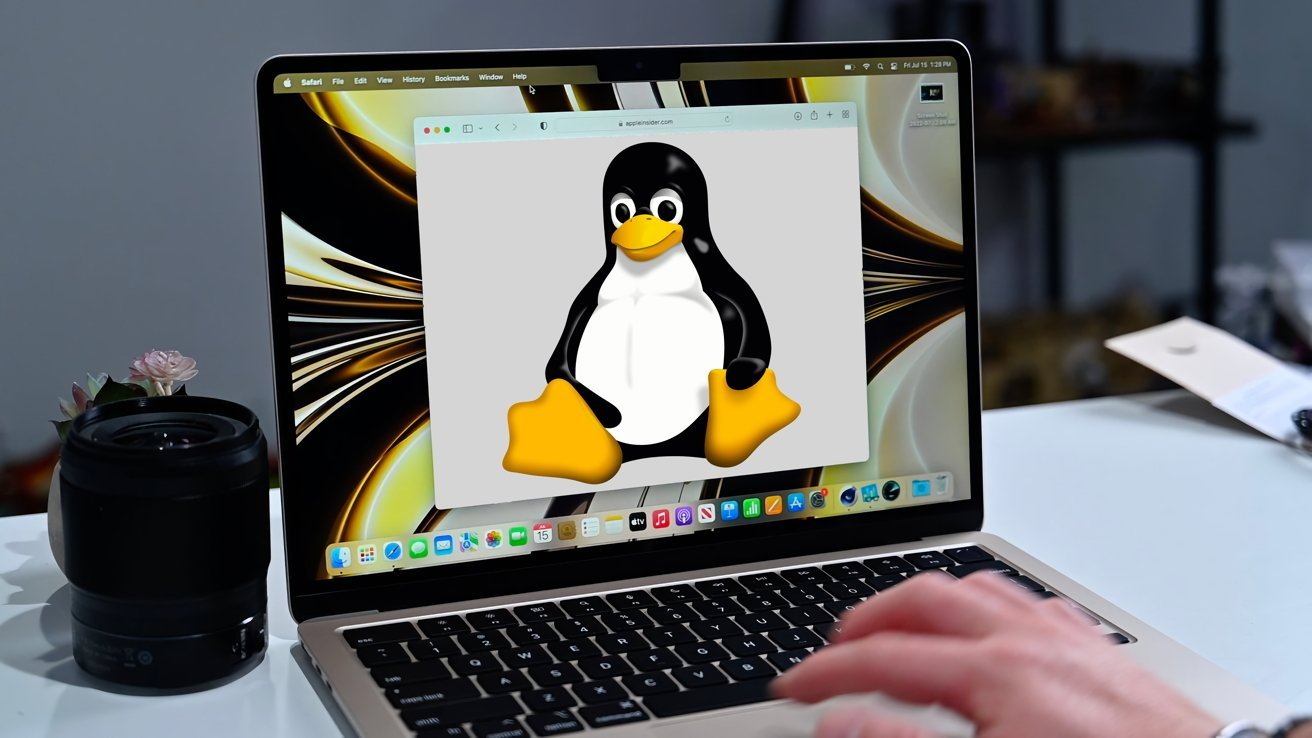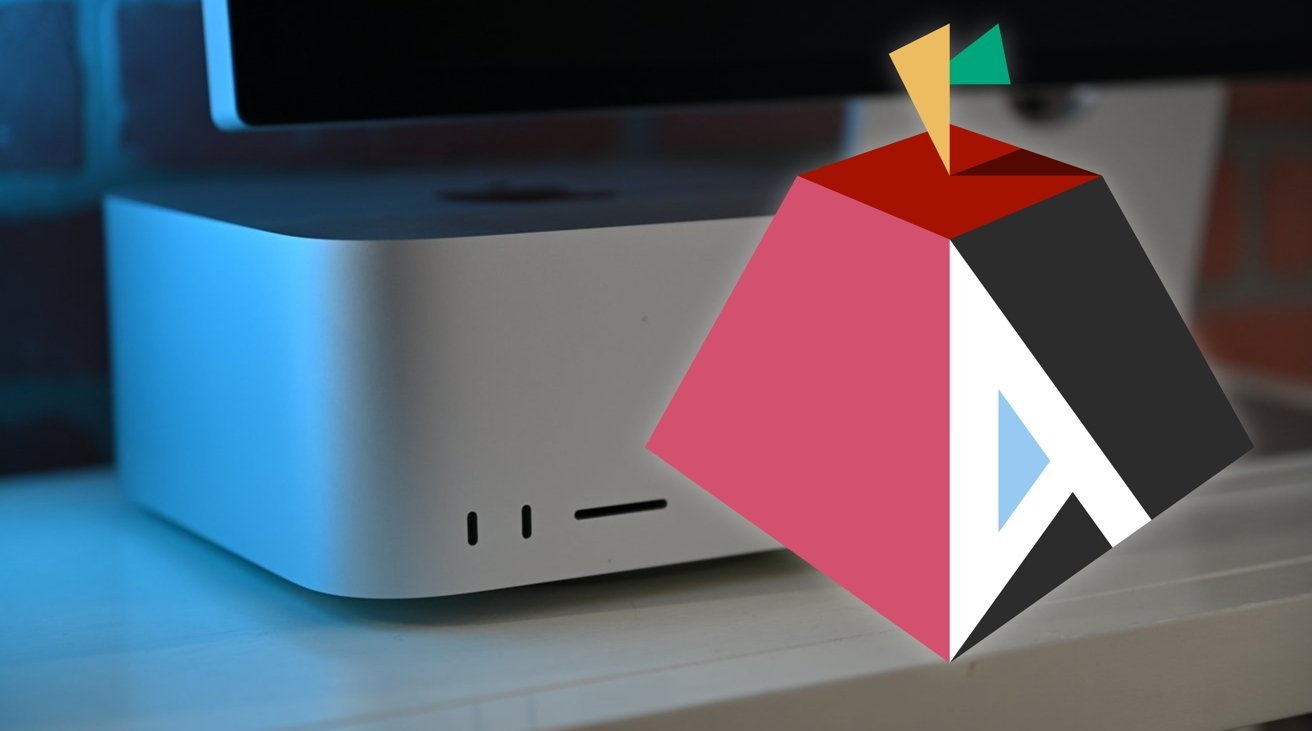The ongoing Asahi project to bring Linux to Apple Silicon has reached a milestone, adding the first conformant GPU driver for the family of chips.
The Asahi Linux project for Mac first teased plans to launch a dedicated GPU driver for Apple Silicon running Linux back in 2022. At the time, they had already reverse-engineered a prototype that was "good enough to run real graphics applications and benchmarks."
Now, in 2023, the first and only conformant OpenGL ES 3.1 GPU driver is available for Apple Silicon-based Macs.
To reach this goal, it took thousands of tests to make sure that the driver is stable and won't produce issues. There is a test suite that is tasked with testing every feature within the implementation.
Once that test period is over, there is a 30-day review period overseen by the standards body, Khronos. In the case for the first conformant OpenGL ES 3.1 GPU for Apple Silicon, there were no issues found.
Now the drivers are available for the M1, M1 Pro, M1 Max, M1 Ultra processors, as well as the M2, the M2 Pro, M2 Max, and M2 Ultra chips. With this particular milestone met, the Asahi Linux project for Mac can say they are the first conformant implementation for any graphics standard on Apple Silicon.
OpenGL ES 3.1 makes it possible for applications to write to a specific image displayed on the screen, which enables algorithms to run flexible image processing. The Asahi Project offers a detailed rundown of how the new feature works.
Interestingly, the project points out that Apple's own drivers for Apple Silicon are not conformant for any standard graphics API. This being the case, it means there is no guarantee that any application using the available standards like OpenGL ES, OpenGL, or Vulkan, will work on a computer with an M1 or M2 processor.
There's a real-world scenario for this, too, according to the report:
"The third-party MoltenVK layers a subset of Vulkan on top of the proprietary drivers. However, those drivers lack key functionality, breaking valid Vulkan applications," the post adds. "That hinders developers and users alike, if they haven't yet switched their M1/M2 computers to Linux."
Linux 5.19 was released in August 2022, notable for the fact it was done on an M2-equipped MacBook Air.
 Evan Selleck
Evan Selleck








-m.jpg)






 Wesley Hilliard
Wesley Hilliard
 Christine McKee
Christine McKee
 Malcolm Owen
Malcolm Owen
 William Gallagher
William Gallagher
 Andrew Orr
Andrew Orr







-m.jpg)




6 Comments
The word of the day is conformant.
And .00001% give 2 shits about Linux....